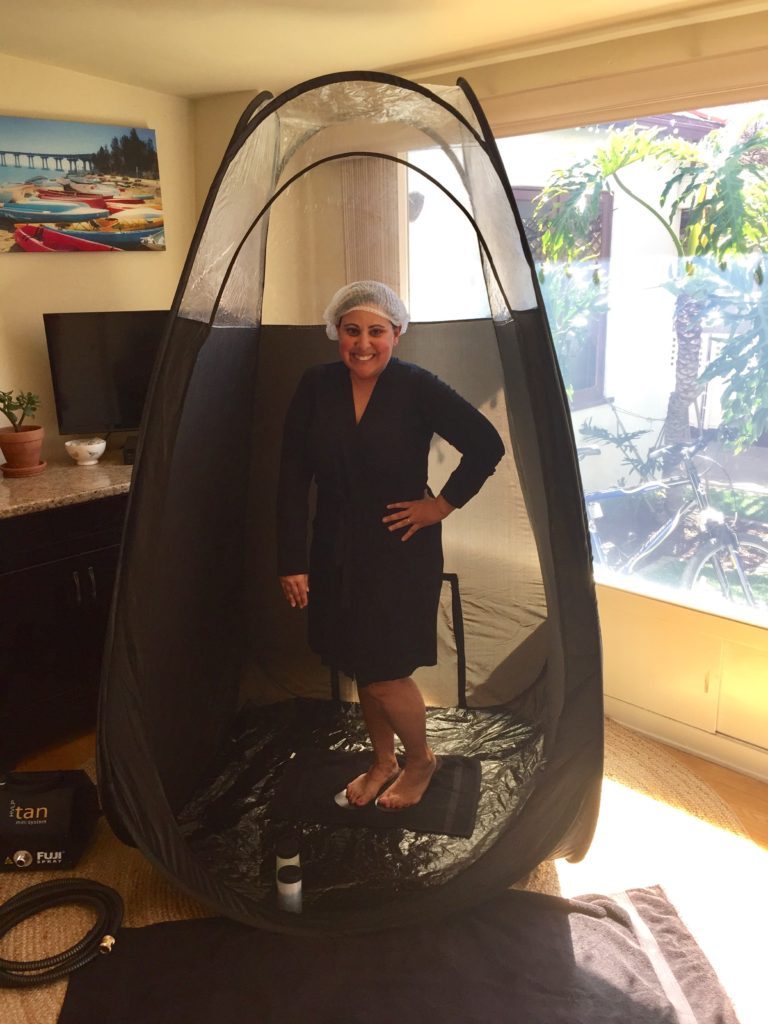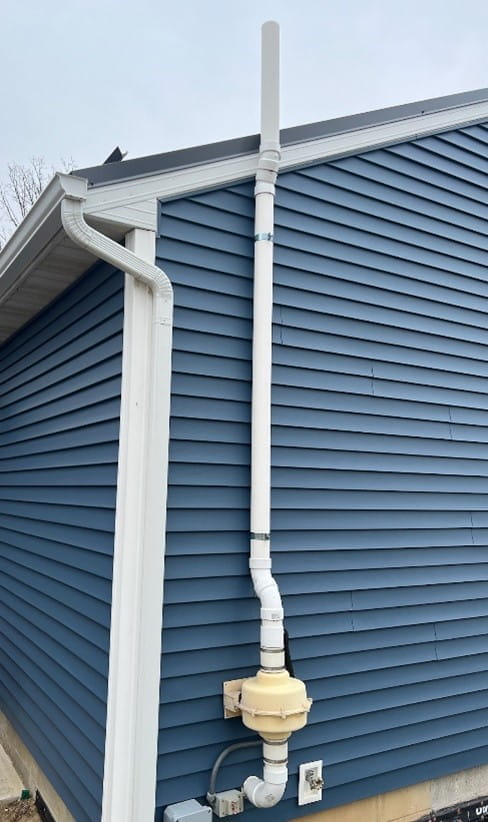Mold can be a silent and invisible threat lurking in our homes, affecting our health and property. In this comprehensive guide, we’ll delve into the world of mold inspection Houston TX, covering everything from the importance of mold inspections to the role of mold inspectors and the process of mold testing. Whether you’re a homeowner or a renter, understanding mold inspection is crucial for maintaining a healthy and safe living environment.
Understanding Mold Inspection: What is it and Why is it Important?
1. What is Mold Inspection?
Mold inspection is the process of visually assessing a property for mold growth and moisture issues. It involves a thorough examination of both the interior and exterior of the building to identify areas of concern.
Tip: Mold inspection should be conducted by a qualified professional known as a mold inspector, who has the training and expertise to detect mold and assess its impact on indoor air quality.
2. Why is Mold Inspection Important?
Mold inspection is essential for early detection and prevention of mold-related problems. By identifying mold growth and moisture issues early on, homeowners can take proactive measures to address the problem before it escalates.
Tip: Regular mold inspections Houston TX can help prevent costly damage to property and reduce the risk of health problems associated with exposure to mold.
The Role of a Mold Inspector: What to Expect
3. Qualifications of a Mold Inspector
A qualified mold inspector should have relevant certifications and training in mold assessment and remediation. Look for inspectors who are certified by reputable organizations such as the National Association of Mold Professionals (NAMP) or the American Council for Accredited Certification (ACAC).
Tip: Ask the mold inspector about their experience and credentials before hiring them to ensure they have the necessary expertise to perform a thorough inspection.
4. Inspection Process
During a mold inspection, the mold inspector will conduct a visual assessment of the property, looking for signs of mold growth, water damage, and moisture issues. They may also use specialized equipment such as moisture meters and thermal imaging cameras to detect hidden mold and moisture.
Tip: Be prepared to provide the mold inspector with information about any past or current water leaks, flooding incidents, or moisture problems in the property.
Mold Testing: When is it Necessary?
5. Types of Mold Testing
Mold testing involves collecting samples of mold spores from the air or surfaces in the property and analyzing them to determine the type and concentration of mold present.
Tip: Common methods of mold testing include air sampling, surface sampling, and bulk sampling. The type of testing recommended will depend on the specific circumstances of the property and the suspected mold problem.
6. When to Consider Mold Testing
Mold testing may be recommended in cases where there is visible mold growth, a history of water damage or moisture problems, or unexplained health symptoms such as allergies or respiratory issues.
Tip: Consult with a qualified mold inspector to determine whether mold testing is necessary based on the findings of the initial inspection and the specific concerns of the property.
Conclusion
In conclusion, mold inspection is a crucial step in maintaining a healthy and safe living environment. By conducting regular mold inspections, homeowners can detect mold growth and moisture issues early on, preventing costly damage to property and reducing the risk of health problems associated with mold exposure. When hiring a mold inspector Houston TX, be sure to choose a qualified professional with the necessary certifications and experience to perform a thorough inspection. Remember, early detection is key to preventing mold-related problems, so don’t wait until it’s too late—schedule a mold inspection for your property today.



